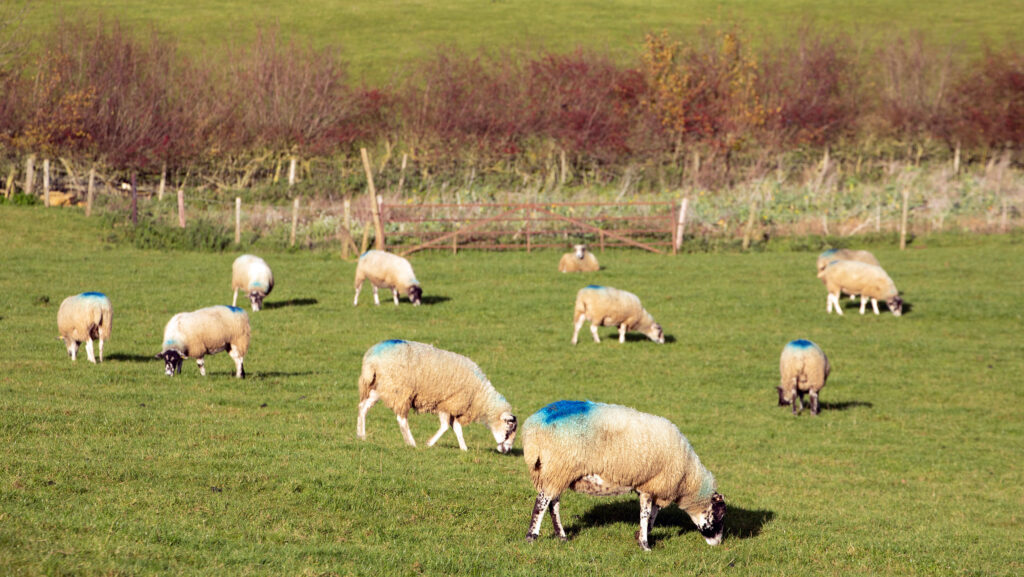Three further cases of bluetongue disease confirmed
 © Tim Scrivener
© Tim Scrivener Bluetongue virus has been confirmed in three more animals across two new premises in Norfolk and Suffolk, following reports of clinical suspicion in sheep on these sites.
In response, Defra said all three infected animals will be humanely culled to reduce the risk of onward transmission and the existing temporary control zone (TCZ) has been extended.
A single case of the BTV-3 strain was confirmed in a sheep on a mixed farm near Haddiscoe, south Norfolk, on 26 August. It was the first confirmed case in the 2024-25 vector season.
See also: First case of bluetongue this season found in Norfolk
A 20km TCZ has been declared around the affected premises and movement restrictions now apply to all ruminants and camelids within the zone.
The new BTV-3 strain of bluetongue first emerged in England last November, marking the first bluetongue cases in the UK since 2007.
Since then, there have been cases in cattle and sheep across Kent, Norfolk, and Suffolk.
The outbreak of bluetongue is widespread across Europe, with significant numbers reported in the Netherlands (over 6,384 outbreaks registered) and Belgium, where nearly 1,200 farms have been affected, with cases tripling in the last three weeks.
Germany recorded 3,212 cases by 22 August, with numbers continuing to rise and France has seen a rapid increase in bluetongue cases, quadrupling in eight days.
Animals have been vaccinated against the BTV-3 on the Continent, with reports of mixed results. However, a vaccine remains unavailable for use in the UK.
Biting midges
The spread of bluetongue is linked to the activity of biting Culicoides midges, which transmit the virus and are being blown over from Continental Europe.
Experts at The Pirbright Institute in Surrey is currently studying how these midges are spreading BTV-3, particularly in light of the UK’s warmer temperatures, which have been highlighted as a peak risk period by the UK’s chief veterinary officer Dr Christine Middlemiss.
Livestock owners should closely monitor their animals for signs of bluetongue, such as fever, inflammation of mucous membranes, lameness, and reduced productivity.
Any suspected cases must be reported immediately to the authorities on 03000 200 301 in England; 03003 038 268 in Wales; or your local Field Services Office in Scotland.
